CARB scrap-and-replace incentive program Clean Cars 4 All reaches 10,000th participant milestone
Green Car Congress
FEBRUARY 26, 2021
As a direct result of the state’s Clean Cars 4 All program, more than 10,000 Californians have now scrapped old, dirty cars and replaced them with cleaner alternatives such as new and used zero-emission, plug-in hybrid, or hybrid cars. million had been spent on incentives within Clean Cars 4 All. As of 30 September 2020, $82.5


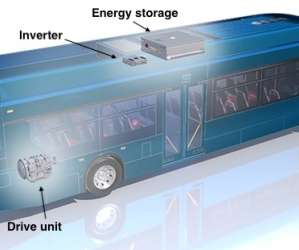















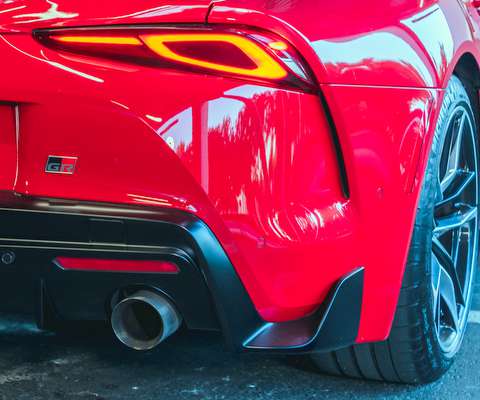

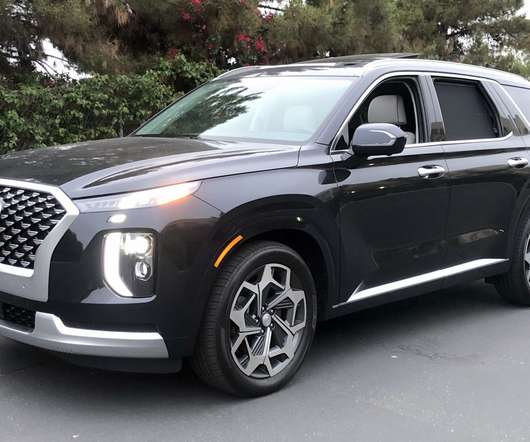


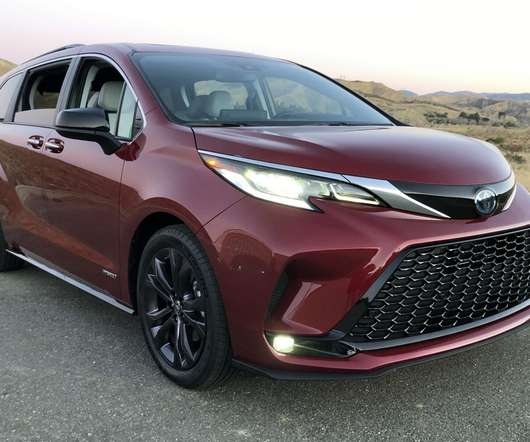
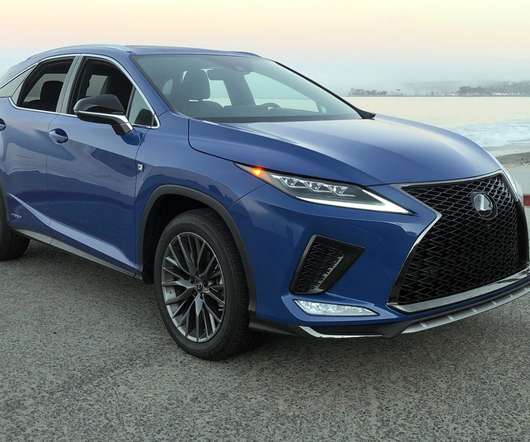


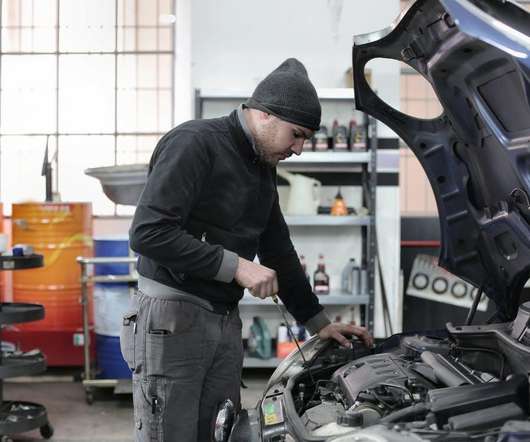

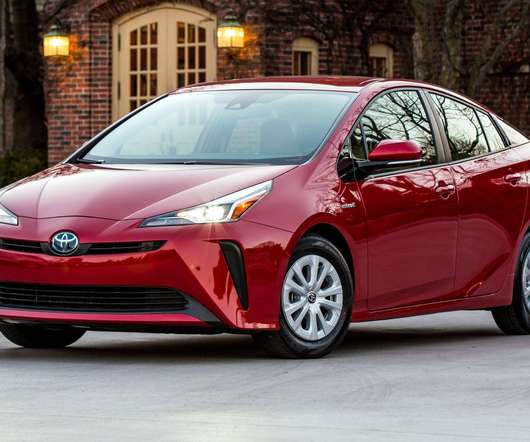
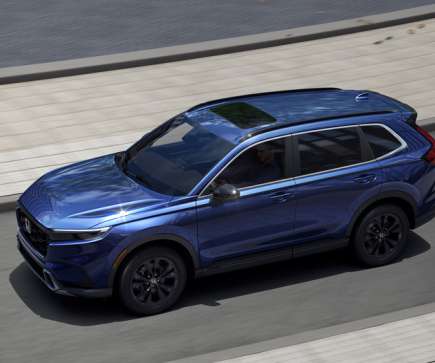

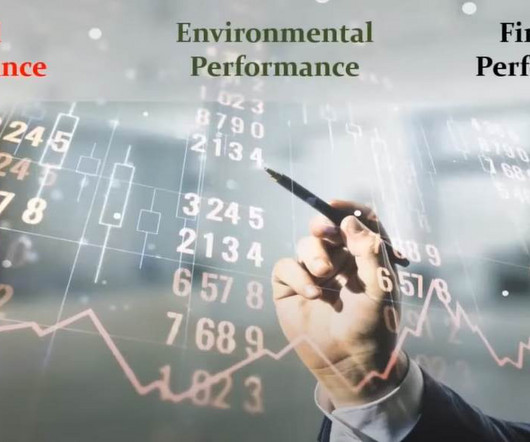
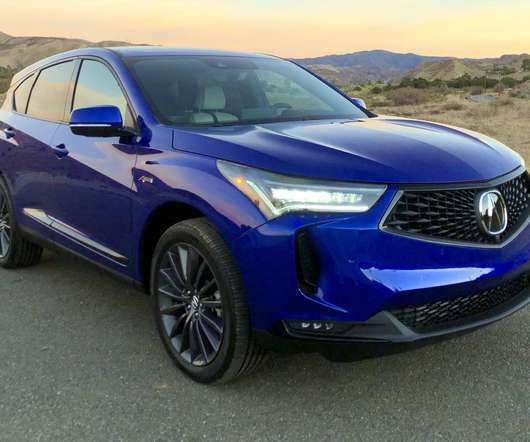
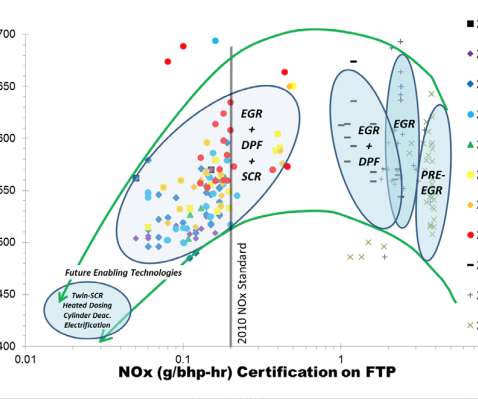








Let's personalize your content